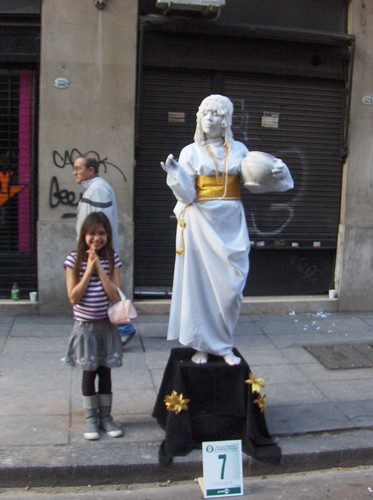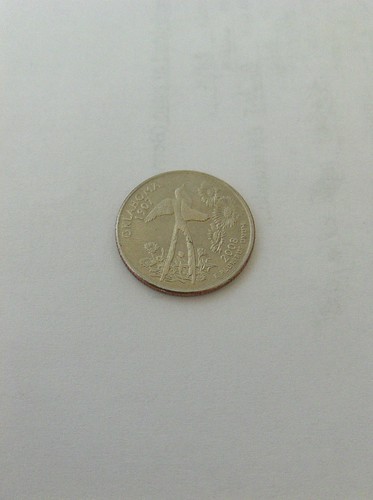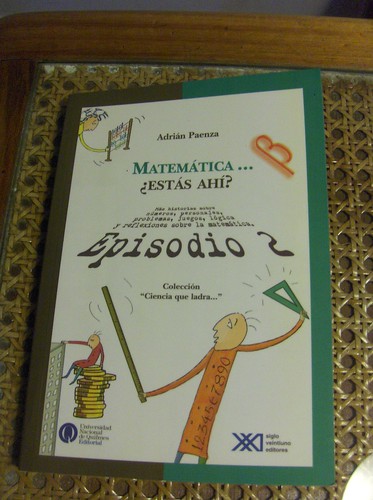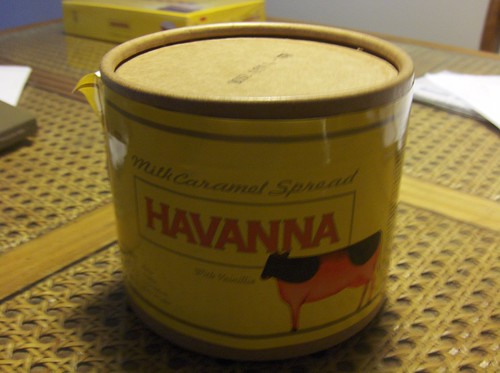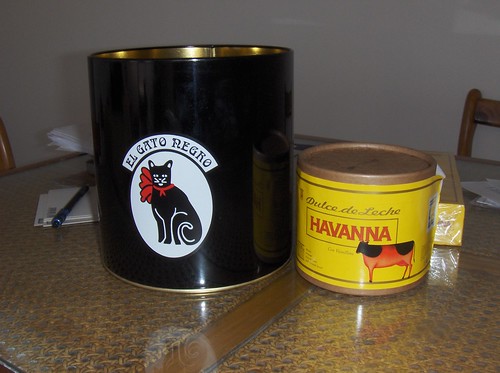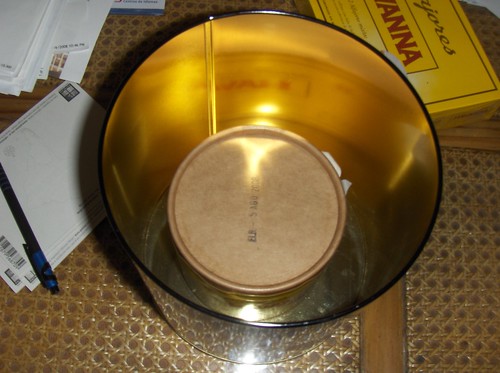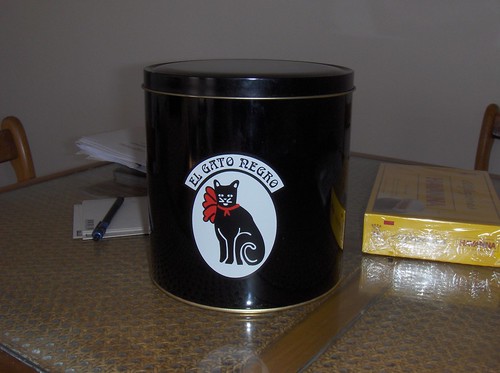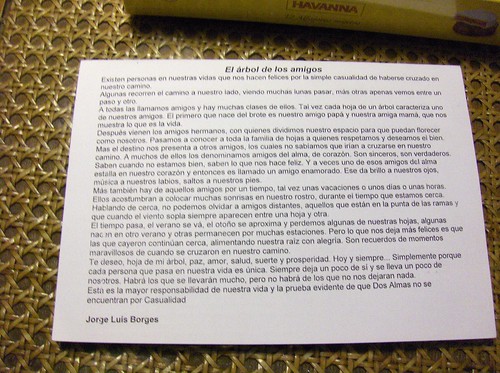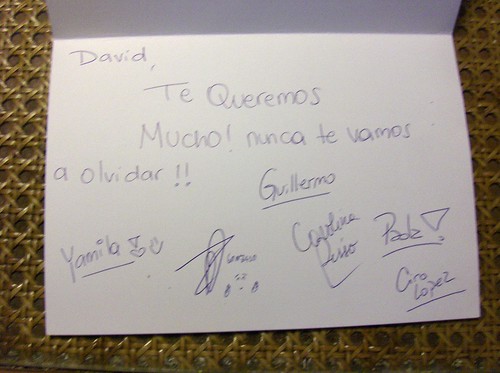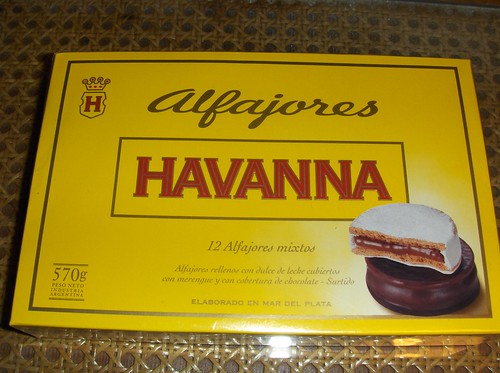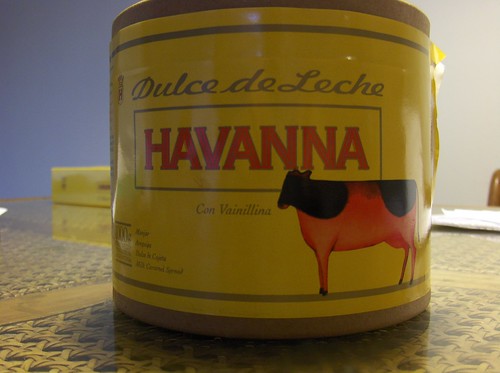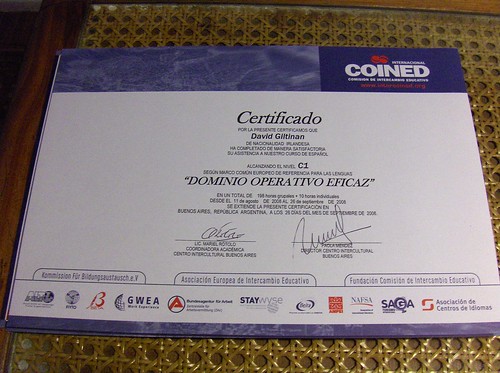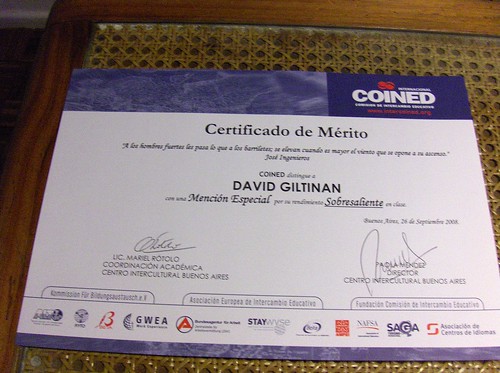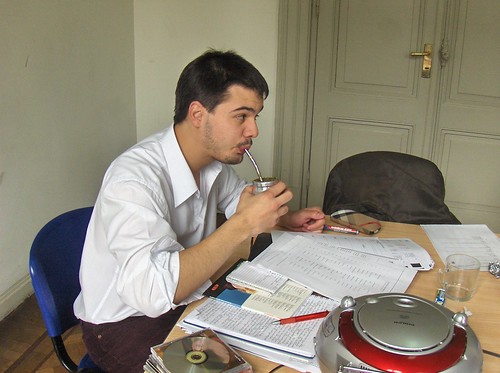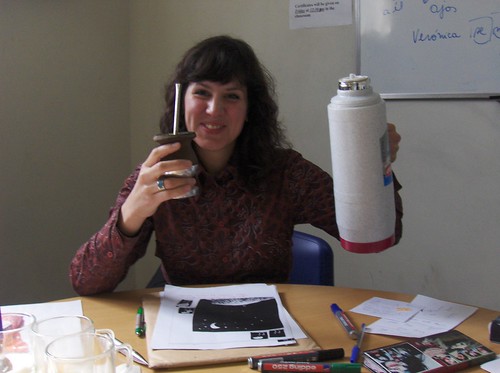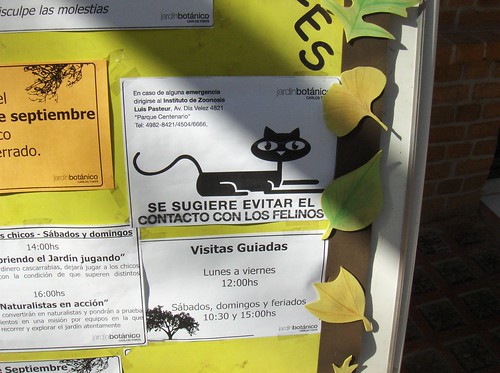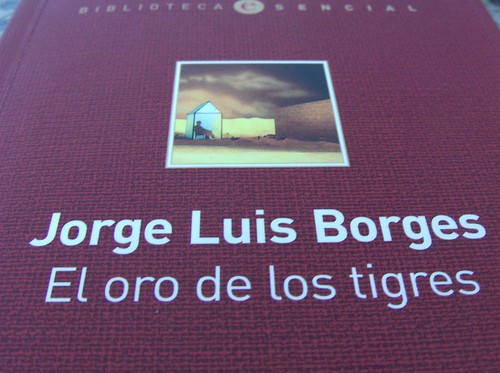Over the past year and a half I've racked up close to a thousand classroom-hours of Spanish instruction. There are signs that it has paid off - for instance, when I was souvenir shopping today, the lady in the poster store kept rattling on about how Nadal would be coming to visit Buenos Aires in November. It was only when she mentioned that I could have artwork shipped to Spain that the penny dropped - she thought I was a Spanish tourist.
Which was gratifying, but that's not what this post is about. The remarkable thing is that, in all those hours in the classroom, I can think of only three occasions where the discussion degenerated into total meltdown - once in Spain, once in Mexico, and once here in Buenos Aires. When one thinks about this, it is a testament to the extraordinary professionalism of the teachers I've had along the way. All have been able to steer the conversational boat with skill and dedication, managing - with very few exceptions - to steer clear of the rocks of mutual antagonism and miscommunication that lurk whenever you get a group of strangers from different backgrounds, and of different ages, nationalities and social strata together and launch a conversation.
The Spanish disaster was so profoundly horrible I don't even like to think about it. What was remarkable was that it involved three students all of whom lived in the U.S. - myself, an amazing 22-year old from New York, Aaron (who was pre-med, due to start at Yale Medical School last fall, an absolute mensch, brilliant, and possibly my favorite classmate ever), and this ridiculous caricature of a woman whose name I don't even want to mention, but who had just graduated from law school in San Francisco. The vile lawyer-woman launched into this remarkably vicious attack on the medical profession, doctors in general, med students in particular, and things got remarkably ugly remarkably fast. The teacher was unable to stop things and ended up looking on, white-faced.
The meltdown in Guanajuato was provoked by the teacher's unfortunate choice of reading materials, specifically a bunch of hagiographic magazine articles about the phony Nobel Peace Laureate, Rigoberta Menchu. Those of us who were aware that this woman had faked her entire autobiography mentioned this fact, only to be met by stonefaced disbelief by the teacher and those students unaware of the controversy. Escalating google searches and countersearches, combined with stubbornness on both sides until - thankfully - class ended for the day.
The breakdown here in Buenos Aires occurred in one of the afternoon classes during my very first week. We were reading one of Borges's less interesting stories, "Emma Zunz". The basic plot is that the protagonist, Emma, wants to get revenge on the man she believes responsible for her father's death, so she plans to kill him in a manner that suggests that he first raped her and that she therefore acted in self-defense. (So she goes down to the docks first and offers herself up to the first sailor who comes along, making sure he uses her brutally etc etc - I told you it wasn't very interesting).
Before going down to the docks to be brutally manhandled, she meets her friends from work to go to the public swimming pool for a Saturday morning frolic. Etc etc. Daniel, the teacher, made a point of drawing our attention to this plot detail, asking us why. You figure the answer is so that her friends will notice her unblemished unbruised body in her bathing suit - nothing more. No, according to Daniel, it was to establish her virginity.
"Say what now?!", I hear you ask. Well, apparently, back in the early 1900's, for a woman to use a public swimming pool in Buenos Aires, it was a requirement that she undergo a comprehensive exam by a doctor, including certain gynecological details. Urban and I, the only two Europeans in the class, guffawed at this quaint Victorian custom. Only to be met by offended, uncomprehending reactions from Daniel and Camila, the Brazilian student. Because, apparently, even today - in the early 2000's, it is STILL a requirement for anyone using a public swimming pool in Argentina or Brazil to undergo a physical examination, with particular attention paid, to use a word designed to confound the internet censors, to the
pudenda. To be clear, if you're female, a full gynecological exam.
Sputtering disbelief from myself and Urban, followed by a certain amount of questioning to ascertain the purpose, and putative utility, of such an exam. I'll be the first to admit that the tone of the questioning was - let's say - less than respectful. Which, of course, added to the international misunderstanding, because Daniel and Camila felt - not without reason - that we were mocking Latin American public health practices. Which in this case, they doggedly maintained, were incontrovertible evidence of more rigorous public health standards than those prevalent in the U.S. and Europe.
That class ended in a kind of huffy stalemate. Camila obviously hated my guts for the rest of her time in the school, on one occasion actually CROSSING THE STREET in order not to have to acknowledge my existence. Which, personally, I thought was taking things a little too seriously.
I should emphasize that the notable thing here is the relative
infrequency of these various breakdowns in communication. I've been lucky to have had a bunch of excellent teachers; here in Buenos Aires, they are a truly exceptional group.
And, no, I don't know the Spanish word for "cooties".
